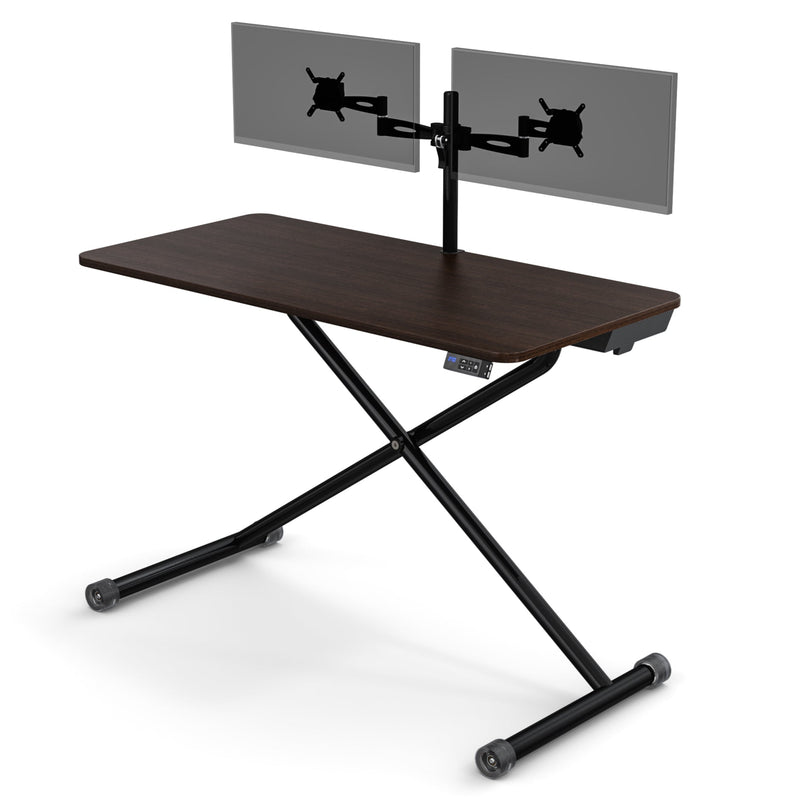A beautiful venue transforms special moments into lifelong memories. For couples planning weddings and events in Texas, the venue plays a defining role in the experience for both hosts and guests.
Hummingbird Hill Weddings and Events offers a refined yet welcoming setting designed to celebrate life’s most important moments. Located near Chapel Hill and Brenham, the venue combines natural beauty, thoughtful design, and attentive service to create a space where celebrations feel both personal and elevated. Learn more about the story behind Hummingbird Hill at
.
The appeal of Hummingbird Hill lies in its balance of rustic charm and modern elegance. Set against the Texas countryside, the property provides a peaceful backdrop that feels removed from the noise of everyday life while remaining accessible for guests traveling from across the region. This balance makes it an ideal choice for couples seeking a wedding venue that feels both intimate and impressive.
Every detail of the venue has been designed with flexibility in mind. Indoor and outdoor spaces allow couples to host ceremonies, receptions, and gatherings that reflect their personal style. Whether planning a classic indoor celebration or an outdoor ceremony surrounded by natural scenery, Hummingbird Hill provides options that adapt to each vision. Discover how the venue’s layout supports seamless celebrations at
.
Beyond weddings, Hummingbird Hill also serves as a destination for private events and corporate gatherings. The property’s versatility makes it well-suited for rehearsal dinners, milestone celebrations, retreats, and corporate events that benefit from a refined, distraction-free environment. The venue’s setting encourages connection, conversation, and shared experiences.
Service plays a central role in the Hummingbird Hill experience. The team understands that hosting an event involves trust, coordination, and attention to detail. From early planning stages through the final moments of an event, the venue’s staff supports hosts with professionalism and care, helping ensure each celebration unfolds smoothly.
For couples, the venue becomes more than just a backdrop — it becomes part of their story. Photo opportunities throughout the property allow couples to capture moments that reflect both the beauty of the surroundings and the emotion of the day. From open landscapes to thoughtfully designed interior spaces, every corner contributes to a timeless visual narrative.
Location is another advantage for those choosing Hummingbird Hill. Situated near Chapel Hill and Brenham, the venue offers the charm of a countryside destination without requiring long travel times. This accessibility allows guests to arrive relaxed and ready to celebrate, enhancing the overall experience for everyone involved. Learn how location contributes to the appeal of Hummingbird Hill at
.
Event planning can be complex, but the right venue simplifies the process. Hummingbird Hill’s adaptable spaces, clear communication, and experienced staff help reduce stress and allow hosts to focus on enjoying their event. This approach is especially valuable for couples navigating the many decisions involved in wedding planning.
The venue’s atmosphere encourages guests to linger, connect, and fully immerse themselves in the celebration. Open spaces, comfortable gathering areas, and thoughtful flow between ceremony and reception areas create a natural rhythm that keeps events feeling relaxed and engaging.
Hummingbird Hill also reflects a commitment to craftsmanship and care. The property has been shaped with intention, creating a setting that feels both polished and authentic. This attention to detail is evident in the way events unfold, from the arrival of guests to the final farewell.
Choosing a wedding venue is about more than aesthetics — it’s about how the space supports meaningful experiences. Hummingbird Hill provides an environment where couples can celebrate with confidence, knowing their venue aligns with their values and vision. Learn how Hummingbird Hill supports memorable celebrations at wedding reception venues.
For couples and event hosts seeking a wedding and event venue near Chapel Hill that blends elegance, flexibility, and genuine hospitality, Hummingbird Hill offers a setting that feels timeless. Explore how Hummingbird Hill Weddings and Events creates space for unforgettable moments at event venues near me.







